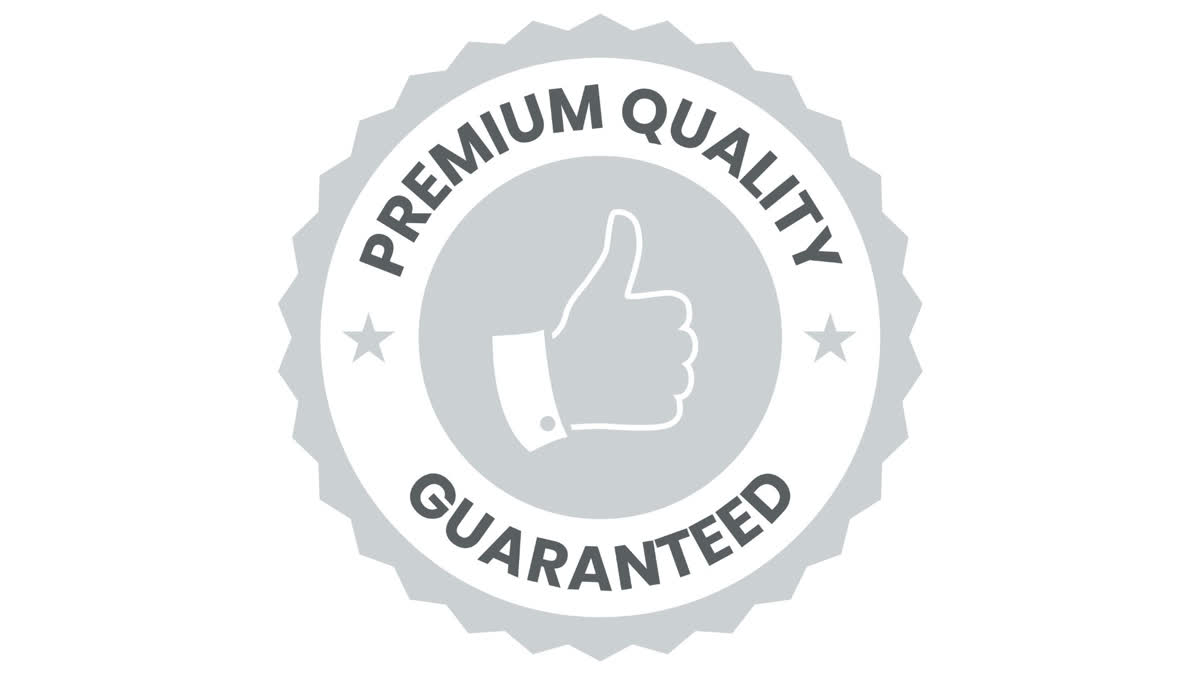World Quality Week, which is taking place from November 11 to 15 this year, is an annual event hosted by the Chartered Quality Institute (CQI), dedicated to raising awareness about the crucial role that quality management plays in various sectors, including manufacturing, healthcare, education, and more.
World Quality Week 2024 serves as evidence of the importance of quality management in a variety of industries. Those who have dedicated themselves to excellence and made sure that quality stays at the center of everything they do are celebrated during this time. Businesses can prosper, consumers can trust businesses, and industries can grow by adopting quality principles.
HISTORY:
The American Society for Quality (ASQ) first proposed the idea of World Quality Week in 2010. The goal of ASQ, a global association of quality professionals, was to organize a gathering that would highlight the significance of quality and ongoing development. Since then, World Quality Week has become well-known throughout the world and a significant event on quality experts' calendars. The Chartered Institute of Quality (CQI), which seeks to increase awareness of the quality management profession worldwide, currently celebrates this yearly campaign.
THEME:
The theme for World Quality Week 2024 is ‘Quality: from Compliance to Performance'. The theme aims to raise awareness of the quality management profession and focuses on the theme of navigating complexity in today’s dynamic business landscape.
The Importance of Quality:
Quality management is not just a buzzword; it is a critical aspect of any business or organisation. It ensures that products and services meet or exceed customer expectations, which is essential for building trust and maintaining a loyal customer base. A commitment to quality also leads to operational efficiency, reduced costs, and increased competitiveness.
The Role of Quality in Different Sectors:
Manufacturing:
For the manufacturing industry to provide dependable and safe products, quality control is essential. By ensuring that items fulfill predetermined requirements, quality control procedures help to lower recalls and faults.
Healthcare:
In healthcare, quality management is synonymous with patient safety and satisfaction. Healthcare providers strive to deliver accurate diagnoses, effective treatments, and compassionate care.
Education:
Quality management in education focuses on improving teaching and learning. It helps educators create effective curricula, assess student progress, and enhance the overall educational experience.
Information Technology:
In the realm of information technology, quality management ensures that software and systems perform as expected, free from glitches or vulnerabilities.
Quality: from compliance to performance:
Navigating complexity
Maintaining operational resilience and managing dynamic risk landscapes are essential for organizations to remain competitive in a fast evolving and more interconnected world. However, resilience is no longer enough on its own. Organizations must innovate and adapt their business models, products, and services with a quality culture at the forefront of the transformation if they want to stay relevant and prosper.
Facing challenges
Organisations face challenges like skills gaps and supply chain issues. AI offers solutions but also new risks. Digital transformation is accelerating, and society demands sustainability. Customers expect innovative solutions and ethical practices. Organisations need to balance innovation with risk management, ensuring good governance and assurance to deliver sustainable value.
Transformative role of quality management
Tools, procedures, controls, and evaluations are all related to quality management. All of this high-quality "hardware" is valuable, but it is only as good as the culture that surrounds it. At the core of revolutionary quality management is a collaborative effort to deliver and improve value for customers. the importance of building an organization's capacity to provide high-quality work. In addition to guaranteeing compliance, quality concepts and practices promote creativity and adaptability. Organizations can better adapt to change and promote performance excellence by fostering a culture of ongoing learning and development.



